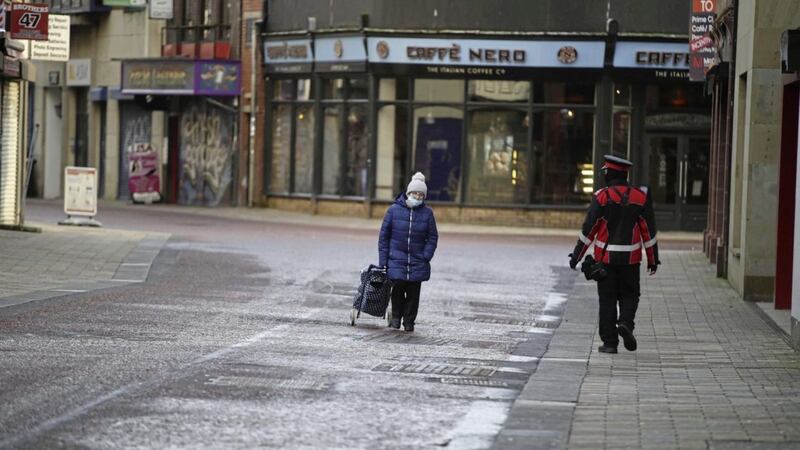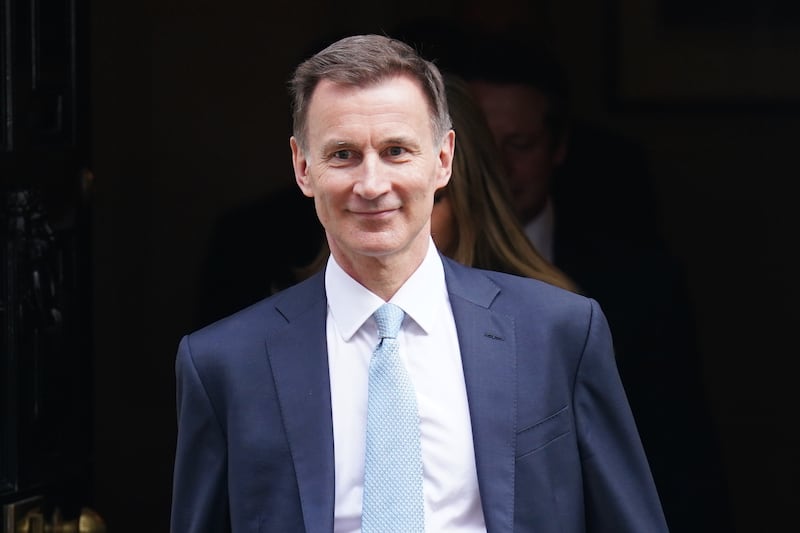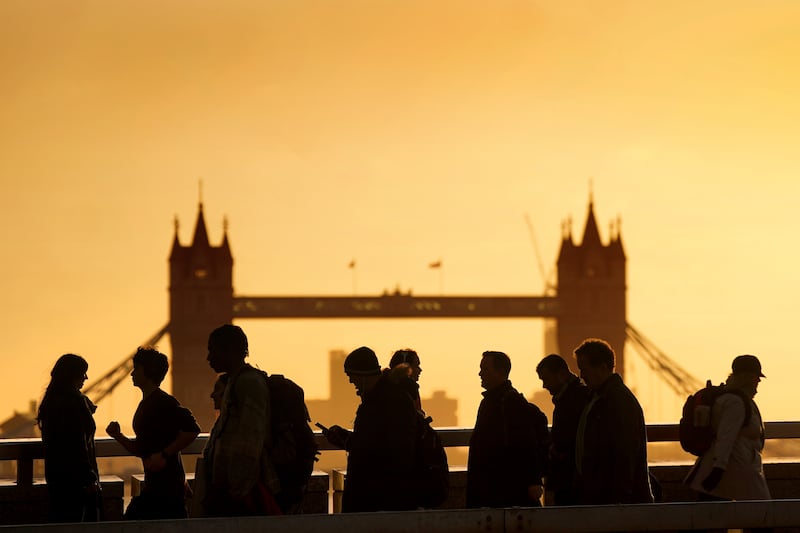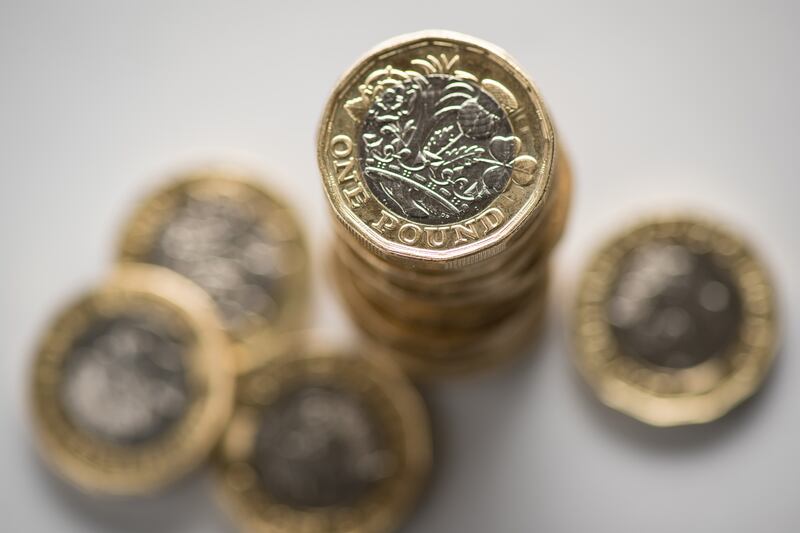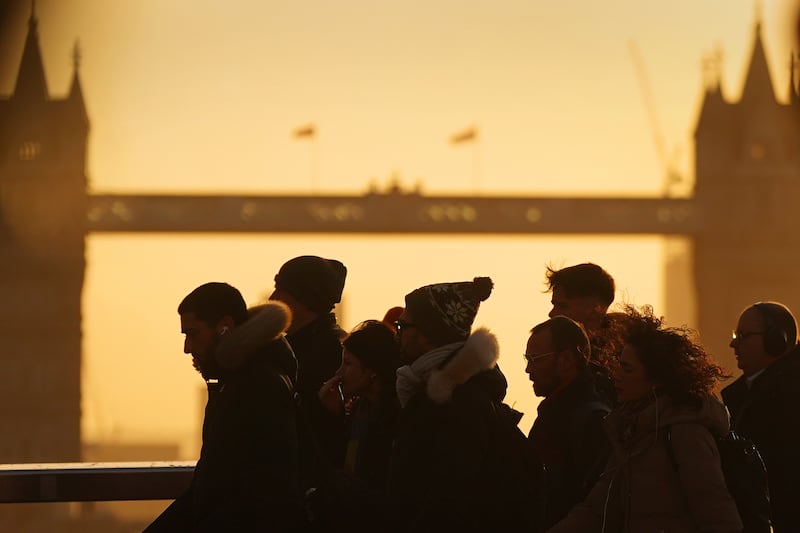THE UK's economy shrunk at its fastest rate since the 1920s last year, as the pandemic forced thousands of businesses to remain closed for several months.
The Office for National Statistics (ONS) revealed that gross domestic product (GDP) dropped by 9.9 per cent.
The ONS said the UK economy as a whole registered 1.2 per cent of growth in December, indicating that the UK will avoid what could have been its first double-dip recession since the 1970s.
A double-dip means two recessions within a short period of time, while a recession is defined as two consecutive quarters where the economy contracts.
But a leading Northern Ireland economist has said it is unlikely that same growth was registered in the north during December.
Dr Esmond Birnie said it was more likely that the Northern Ireland economy remained stagnant, or even contracted again during the final month of 2020.
Unlike the UK as a whole, Northern Ireland does not publish up-to-date data on its economic output.
Dr Birnie said: “Given that Covid restrictions applied for most of the final ten or so weeks of 2020 and given that some of the NI restrictions were probably more severe than the UK average, and given also the relatively larger percentage size of the retail sector in NI, it is possible that NI experienced a further output dip during October-December.”
The Ulster University economist said the first lockdown in 2020 took at nine per cent chunk out of the north’s GDP.
He said the additional restrictions at the end of 2020 likely took another three per cent, meaning an overall GDP contraction of 11-12 per cent.
While the UK authorities adopt a different approach from other European countries to measuring the output in areas such as education and health, Dr Birnie said a large gap still remains with other major economies.
Across the Irish Sea, Suren Thiru, the head of economics at the British Chambers of Commerce, said: "Despite avoiding a double-dip recession, with output still well below pre-pandemic levels amid confirmation that 2020 was a historically bleak year for the UK economy, there is little to cheer in the latest data."
All four sectors tracked by the ONS saw a drop in output, the statisticians said, with the highest drop coming in the construction sector, which contracted by 12.5 per cent.
ONS deputy national statistician for economic statistics Jonathan Athow said: "Loosening of restrictions in many parts of the UK saw elements of the economy recover some lost ground in December, with hospitality, car sales and hairdressers all seeing growth. An increase in Covid-19 testing and tracing also boosted output.
"The economy continued to grow in the fourth quarter as a whole, despite the additional restrictions in November."
Chancellor Rishi Sunak said the figures revealed the "serious shock" the pandemic has had on the economy.
He added: "At the Budget I will set out the next stage of our plan for jobs, and the support we'll provide through the next phase of pandemic."
Shadow chancellor Anneliese Dodds said: "These figures confirm that not only has the UK had the worst death toll in Europe, we're experiencing the worst economic crisis of any major economy.
"Businesses can't wait any longer. The Chancellor needs to come forward now with a plan to secure the economy in the months ahead, with support going hand-in-hand with health restrictions."
She called for a "smarter furlough scheme" as the current system is set to run out in April, as well as an extension to the business rates holiday and the VAT reduction for hospitality and tourism companies.
The 9.9% fall marks the worst year for the UK economy since records began.
GDP was first measured in the aftermath of the Second World War, and the measure has never previously dropped by more than 4.1%.
That last big drop was in 2009, but the Bank of England has also estimated historic GDP going bank centuries.
These measures come with caveats, but if correct, 2020 would be the worst year since 1921.
